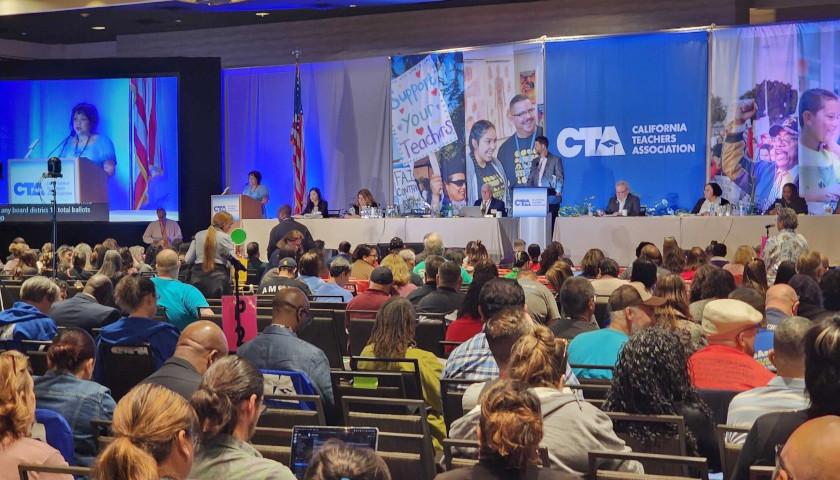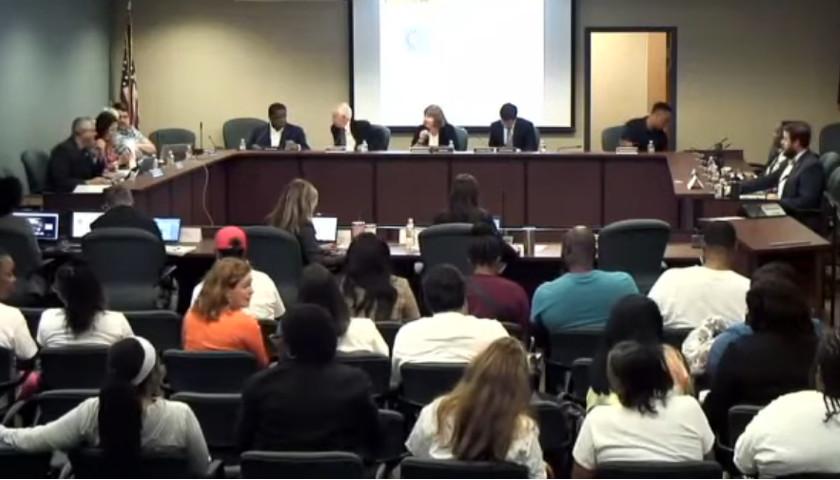by Christina Lengyel
Pennsylvania’s Basic Education Funding Commission hearings ended in Harrisburg this week, where charter schools took center stage.
After months of painstaking reflection on the inadequacies of the state’s funding, charter school administrators were asked to defend against commentary from others within the educational community who believe that their schools are a drain on district budgets.
“I can think of very few things in life that are one size fits all, and we are serving a segment of the population that is for whatever reason unserved,” said Mark Allen, CEO of Pennsylvania Leadership Charter School.
Charter school administrators noted that they serve a wide variety of students in the same communities as district schools, many of them offering alternative programming and pacing to traditional schools.
Jane Swan, the CEO of Reach, a statewide cyber school, touted the benefits of charter flexibility. Her students can enter accelerated programs, as well as receive year-round schooling to those who need more time in the classroom.
“It’s not a competition,” Allen said. “I think that there is plenty to go around.”
Though, the sentiment isn’t always shared. Allen noted that when traditional schools were forced to pivot to digital schooling during the COVID-19 pandemic, he reached out to districts across the state offering his school’s assistance backed by years of experience, but said none of the schools replied.
Moving past the tensions between traditional and charter schools, the commission also heard testimony about student services, libraries, and literacy, demonstrating the roles that schools have come to play outside of academic instruction.
Angela Marks, founder of the nonprofit tutoring program Reading Allowed, warned against the dangers of illiteracy her organization wants to ameliorate. Students who cannot read by third grade are four times more likely to drop out of high school, creating a “school-to-prison pipeline.” According to Marks, the national benefit would be upwards of $2 trillion if adults were brought up to merely a sixth-grade reading level, a task that should be undertaken by the schools instead of organizations like hers.
Dr. Adam Oldham, a high school counselor representing the Pennsylvania Coalition of Student Services Association, emphasized the need for consistent funding to fill staff placements, which do not have a specific funding source and are often the subject of budget cuts.
He recounted the story of a 12-year-old Philadelphia student who died from an asthma attack in a school without a nurse. Another student died by suicide after unsuccessfully attempting to meet with an overburdened counselor who simply did not have time in the day to see every student.
“In light of the intense and pervasive needs we are experiencing today, are these really the kinds of cost savings we can continue to justify?” asked Oldham.
Even when the stakes are lower, Oldham warned of the potential harm for filling staff roles with a revolving door of temporary placements and insecure funding. Many of the students who rely most heavily on school services have already experienced loss and significant hardship in their lives. An effective counselor can ultimately become “another person leaving” when they are unable to continue in the positions that fostered relationships with their students.
Just as safe people are essential to student success, Christi Buker, executive director of the Pennsylvania Library Association, argues that the same can be said for safe spaces like public libraries, which can play a role in student education.
“Libraries provide extensive focus on early learners from birth to kindergarten, after school programs and resources for school-aged children, summer reading and learning programs that have multiple benefits, support for teachers and homeschoolers, and career development,” said Buker, who added that libraries also offer public access to internet and technologies that are not yet available across the commonwealth.
The funding commission’s hearings over the past several months have revealed a system with needs in seemingly every direction, and yet the state’s mandate is clear; solutions — and adequate funding for them — are non-negotiable.
– – –
Christina Lengyel is a contributor to The Center Square.








